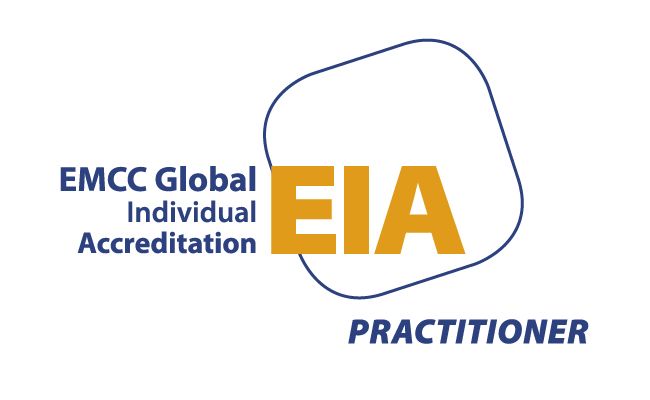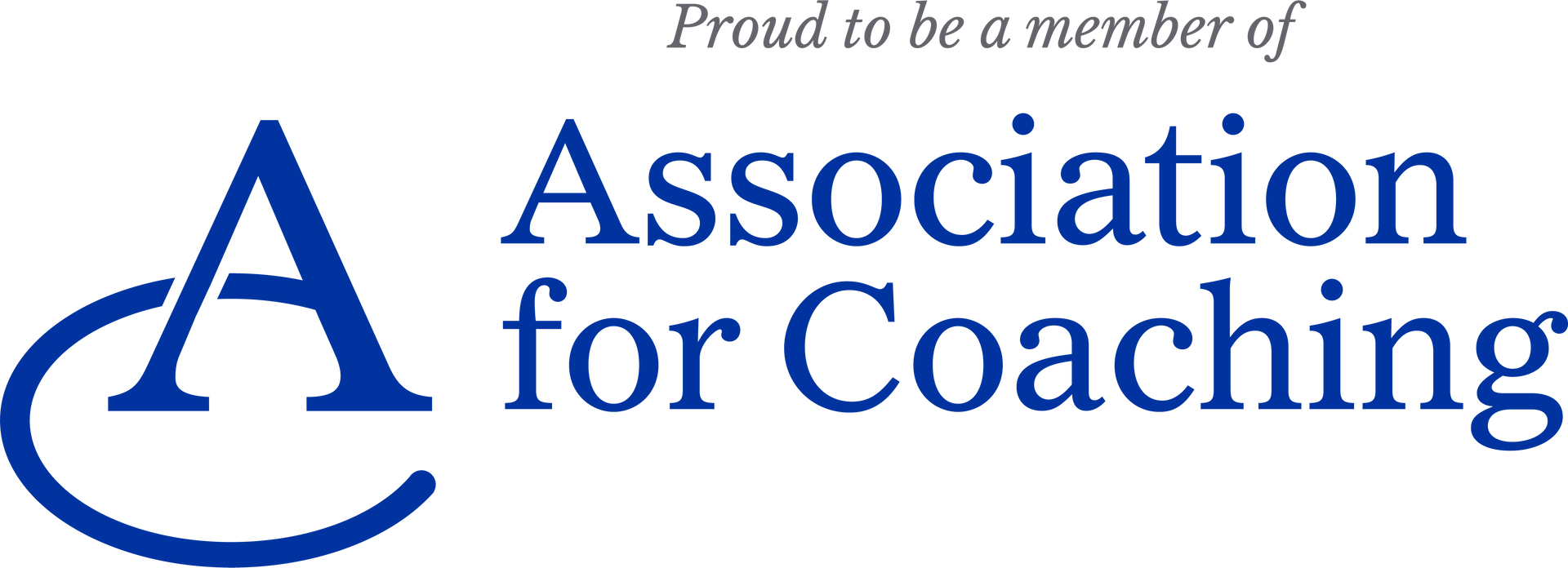Tips on worklife balance for busy leaders
Barbra Carlisle • May 1, 2025
Don't let running an organisation be at the expense of your wellbeing

A 2023 survey by The King's Fund revealed that 62% of charity CEOs and 54% of NHS trust CEOs reported feeling "often" or "always" exhausted. Ok so iits not 75% or 80% but it is higher than it should be!
The reality:
There is no such thing as a perfect balance but there are sustainable practices.
I have kept this post short to encourage you to read it, and then go and take one positive step forward to improving your work life balance.
Could you…
1. Set clearer boundaries for yourself and others?.
The Chartered Management Institute (CMI) recommends CEOs implement "protected time" policies — such as no-meeting Fridays or setting hard stops on email access outside working hours. My diary is time blocked, colour coded with reminders.
2. Prioritise peer support.
According to ACEVO’s CEO Wellbeing report, peer groups and coaching dramatically reduce feelings of isolation and burnout among leaders. Guests on The Unlikely Executive podcast regularly tell me that peer groups reduce the feelings of loneliness.
3. Recognise that micro-recovery matters.
Studies by the University of Manchester show that short, deliberate breaks (even 5–10 minutes) increase cognitive resilience in high-stress environments. I used to walk along Camden canal for 15 minutes and often had a brainwave!
4. Reframe balance as a dynamic concept.
The Mental Health Foundation suggests treating work-life balance like "a dance, not a destination" allowing flexibility and seasonal shifts in work focus without guilt. If you have a dip at 2pm, recognise this and avoid hefty meetings at this time.
5. Invest in personal leadership.
Self-awareness and self-management, key components of emotional intelligence, are the bedrock of sustainable leadership (CIPD Learning & Development Survey, 2023). Coaching can help you keep perspective and enjoy your role.
Question:
If you were to audit your current wellbeing, what one small change could you make this week that would pay dividends?
If you have any thoughts on this post do email barbra@gleecoaching.com or what’s app her on 07952311806
Repost to someone else you know who could benefit from a bit sized moment on achieving work life balance.
________________________________________
Sources:
• The King's Fund, The Wellbeing of Leaders in Health and Care, 2023
• CMI (Chartered Management Institute), Leading in a Changing World, 2022
• ACEVO, Leading Wellbeing: The Health and Wellbeing of Charity Leaders, 2022
• University of Manchester, Cognitive Resilience and Recovery Research, 2021
• Mental Health Foundation, Work-Life Balance: A Review of the Evidence, 2022
• CIPD, Learning and Development Survey, 2023




